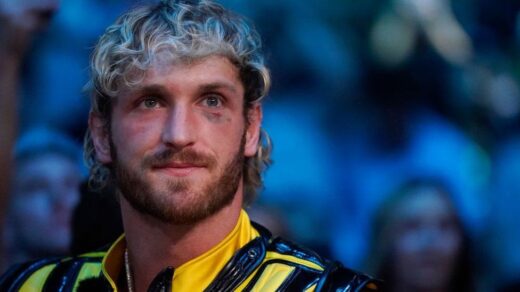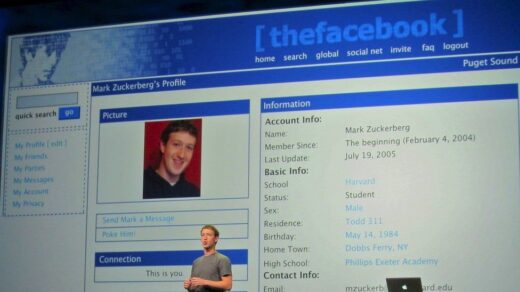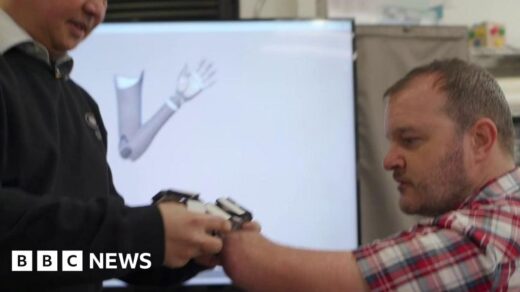A 13-year-old girl named Martha, who is passionate about skincare, is utilizing social media to educate herself on the best products to use. This reflects a growing trend of teenagers and even children as young as eight showing interest in skincare products designed for adults. Skincare expert Caroline Hirons applauds this informed decision-making but advises parents to feel comfortable denying their children’s requests for adult skincare products.
The British Association for Dermatologists has warned that certain active ingredients in adult skincare products, such as exfoliating acids, could cause allergies or eczema in younger skin. Martha, who resides in South Wales, began using skincare products at the age of nine after watching YouTube and TikTok videos during Covid lockdowns. Initially, she used simple, inexpensive products suitable for young skin, but soon desired more high-end brands like Drunk Elephant and Glow Recipe.
Drunk Elephant’s products, popular among tweens and teens, contain ingredients like retinol or acids intended for older skin. The brand’s founder, Tiffany Masterson, has had to caution younger users against using their more potent products.
Caroline Hirons, a skincare expert and bestselling author, is part of a growing group of specialists using social media to educate people about skincare. She supports teenagers like Martha conducting their own research and encourages proper skincare education.
Martha eventually realized that some of the products she was using were not ideal for her sensitive skin and started opting for cheaper brands with simpler ingredients. She advises others to read product ingredients carefully and not trust everything they see.
Martha’s mother, Meinir, is thrilled with her daughter’s initiative to educate herself. She even takes her advice on avoiding products tested on animals.
Caroline Hirons understands the social pressure on tweens and teens but urges parents to say no to requests for expensive skincare products. She advises parents to question their children’s reasons for wanting such products and not to hesitate to deny their requests if necessary.
Another 13-year-old, Elsa, also uses social media to learn about skincare. However, she experienced skin irritation from one of the products she used and now conducts her own research before purchasing.
Lauren Josie Thomas, a marketing and events lecturer at the University of South Wales, warns that the de-influencing trend could inadvertently promote brands further.









